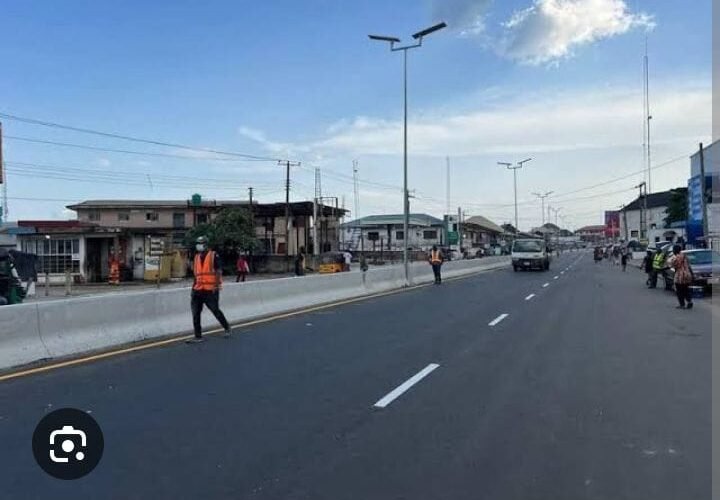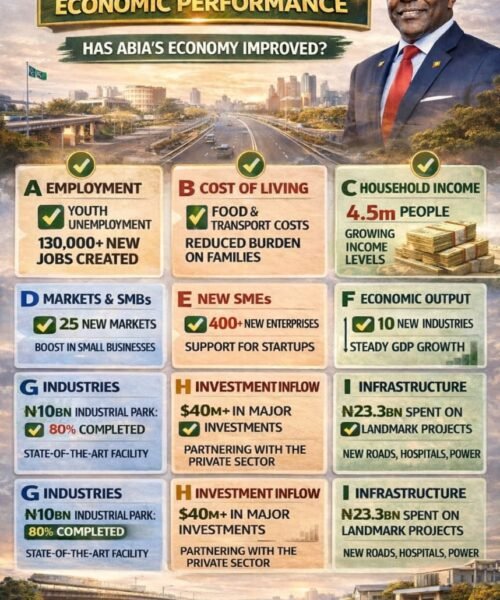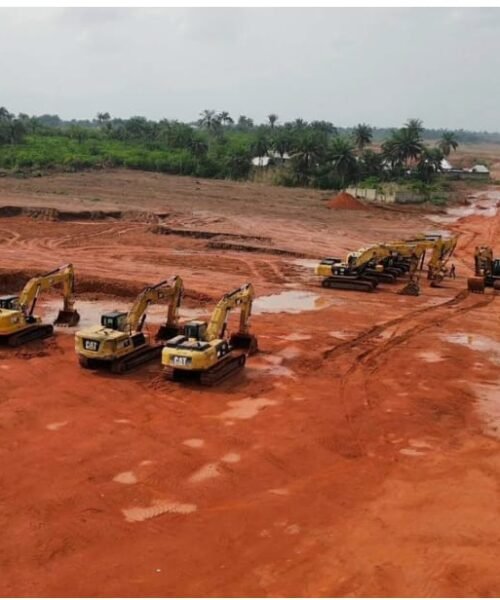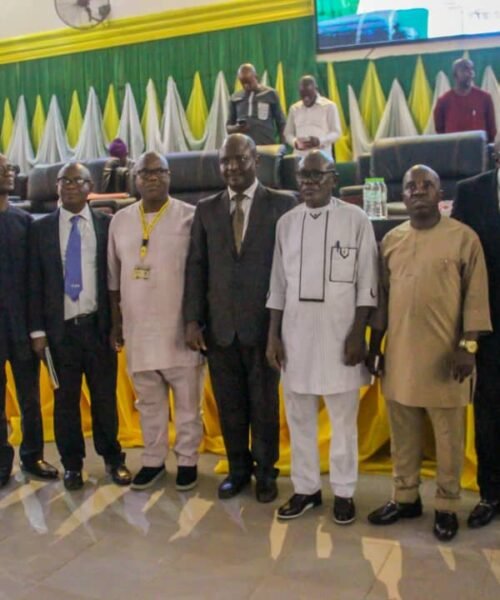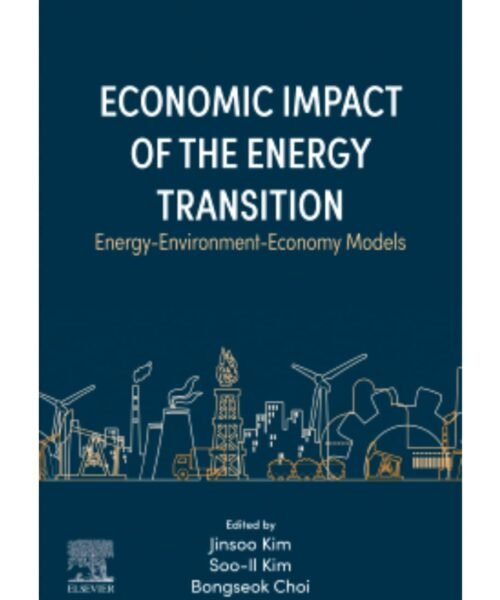The Julius Berger Effect in Abia: Why Quality Infrastructure Is the New Political Currency
In a nation where road construction has historically served as a coded language for rent-seeking, inflated contracts, and premature collapse, Abia State’s insistence on Julius Berger is not merely an engineering decision—it is a philosophical reset. It signals a government that understands that reputation, not rhetoric, now builds economies. For the first time in decades, Abians are witnessing infrastructure designed to last, not to fail; infrastructure awarded on competence, not political patronage; infrastructure built to German standards, not patched with cosmetic asphalt that dissolves after the first rain.
The Historical Context: Abia’s Infrastructure Had Collapsed Beyond Semantics
By 2022, Abia’s infrastructure profile was one of Nigeria’s most alarming. Federal transport audits showed that more than 72 percent of Aba’s internal roads were classified as “failed,” while about 60 percent of Umuahia’s road networks exhibited structural distress. The World Bank’s Subnational Infrastructure Quality Review (2021) placed Abia at the lower end of sustainable road benchmarks for drainage, channeling, and asphalt durability. These failures were more than engineering defects—they were economic disasters. Traders in the Ariaria and A-Line clusters recorded annual productivity losses exceeding ₦1.2 trillion due to transport bottlenecks, while MSME outputs in the Aba manufacturing ecosystem fell by over 38 percent due to logistics inefficiency. Abia’s roads were not bad; they were economic death traps. A radical break was inevitable.
Why Julius Berger Matters: Where Engineering Capacity Meets Governance Intent
Julius Berger is not merely a contractor; it is an institution. It operates within a framework of DIN-certified engineering standards with project lifespans of 25 to 40 years, advanced in-house laboratories that test asphalt density and soil composition, and a project reliability index above 92 percent (World Highways Global Report, 2023). When Abia selects Julius Berger for signature interventions—Port Harcourt Road, Ossah Road expansion, Umuahia–Uzuakoli axis—it is declaring war on the mediocrity that has crippled the state for 24 years. In a subnational landscape where many states still award multi-billion naira contracts to companies registered less than 18 months earlier, Abia’s choice marks a governance renaissance defined by quality rather than political convenience.
The Cost Argument: Cheap Roads Are the Most Expensive Roads
The allegation that Julius Berger is “too expensive” collapses under global evidence. World Bank Infrastructure Diagnostics (2022) concluded that substandard roads cost four to six times more over a ten-year window due to repairs, reconstruction, and productivity losses. A 1 km Julius Berger–grade urban road may cost between ₦2.8 and ₦3.6 billion depending on drainage and terrain. Yet political contractors deliver cheaper roads that fail within 18–24 months, requiring cumulative repair costs often exceeding ₦10 billion over a decade. In real economics, Abia did not choose the expensive option; it chose the only sustainable option. Durability is the real fiscal prudence.

Deliverables So Far: Evidence, Not Emotional Outbursts
Drone evidence from citizen observers and independent journalists has confirmed that Port Harcourt Road—a 5.7 km corridor notorious for flooding for over 20 years—has undergone complete structural redesign with reinforced concrete drains and expanded water channels that multiply outflow capacity fourfold. Asphalt sub-base tests exceed 98 percent compaction density—far above the minimum national requirement. On the Umuahia–Uzuakoli stretch, the entire pavement has been peeled to subgrade level, removing decades of layered failure. The Ossah Road expansion has completed utility relocation, one of the most complex components of road engineering. These are not cosmetic accomplishments; they are engineering milestones.
Economic Multipliers: Julius Berger Roads Pay for Themselves
The IMF Infrastructure Multiplier Index (2023) affirms that every ₦1 invested in durable road infrastructure generates between ₦3 and ₦6 in GDP activity. City competitiveness rises by up to 45 percent with even a 10 percent reduction in transport delays. Already, Aba’s logistics cost has dropped by 14 percent since construction commenced, according to MSME network surveys. The economic logic is clear: where durable roads go, industrial clusters begin to breathe. Where Julius Berger builds, investment follows.
Let the Opposition Argue — But Let Them Argue with Evidence
What Abia faces today is not political criticism but intellectual laziness. It is fraudulent to compare Julius Berger’s 30-year roads to 2-year contractor roads and pretend they belong to the same universe. Any critic who wants a serious debate must answer simple questions: Which southeastern state is building to a 30-year engineering standard? Which one publishes quarterly financials? Which one digitizes revenue in real time? Which one coordinates hydrology, engineering, and regulatory oversight at the scale Abia is doing today? Perfection is not on trial—progress is. And by every believable metric, Abia is finally moving.
Conclusion: The Julius Berger Effect Is a Development Doctrine, Not a Slogan
Every state can lease bulldozers. Not every state can build a philosophy. Abia’s choice of Julius Berger is not about political theater; it is about committing to a future where infrastructure is not vandalized by incompetence or destroyed by the next rainy season. This is the Julius Berger Effect: a doctrine that declares that after decades of decay, Abia must build like it finally understands the cost of failure. In a nation drowning in abandoned projects and asphalt that melts like chocolate in the sun, Abia’s insistence on excellence is not vanity—it is survival.
AProf Chukwuemeka Ifegwu Eke

